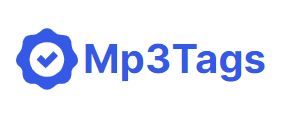6 Best Gaming Headsets Under $200
Oct 24, 2022

Tag mp3online offers an effortless solution to edit the ID3 tags, mp3 cover, and other metadata of your MP3 files.



Tag mp3online offers an effortless solution to edit the ID3 tags, mp3 cover, and other metadata of your MP3 files.